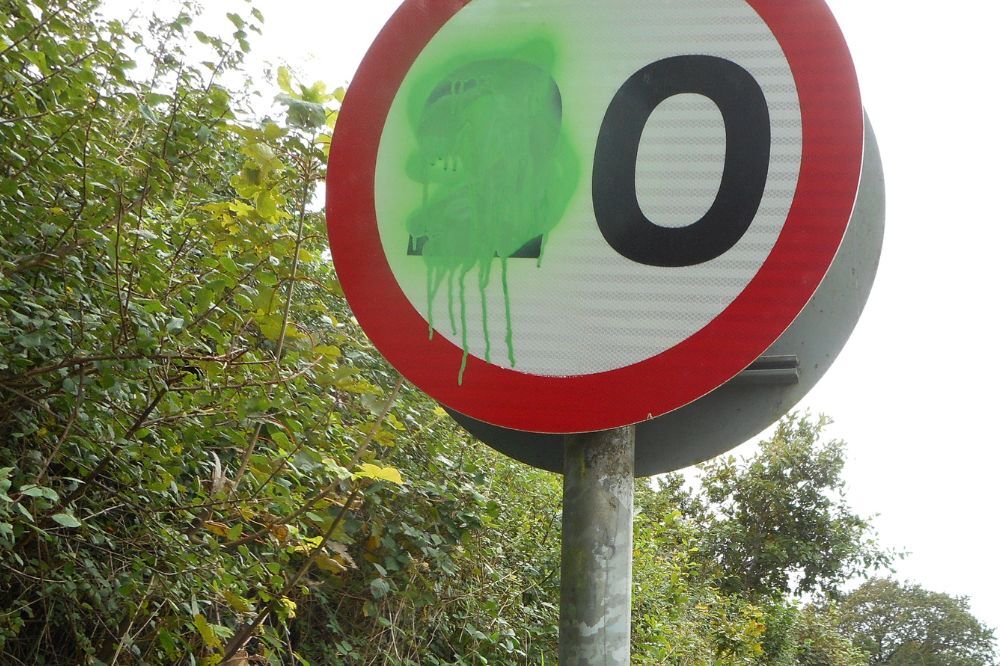cross-posted from: https://lemm.ee/post/38852281
Figures published by the Welsh Government show casualty reductions as follows for the period January to March 2024, in comparison with January to March 2023:
All severities at all speeds: 811 (2024); 4348 (2023);
20mph. All severities: 300 (2024); 662 (2023)
Killed or seriously injured: 63 (2024); 144 (2023)
Slightly injured: 237 (2024); 518 (2023)
30mph. All severities: 77 (2024); 1522 (2023)
Killed or seriously injured: 15 (2024); 343 (2023)
Slightly injured: 62 (2024); 1179 (2023)
40mph. All severities: 74 (2024); 397 (2023)
Killed or seriously injured: 20 (2024); 98 (2023)
Slightly injured: 54 (2024); 299 (2023)
50mph. All severities: 94 (2024); 273 (2023)
Killed or seriously injured: 23 (2024); 67 (2023)
Slightly injured: 71(2024); 206 (2023)
60mph. All severities: 214 (2024); 1235 (2023)
Killed or seriously injured: 71 (2024); 401 (2023)
Slightly injured: 143 (2024); 834 (2023)
70mph. All severities: 52 (2024); 259 (2023)
Killed or seriously injured: 12 (2024); 73 (2023)
Slightly injured: 40 (2024); 186 (2023)



The problem is that people drive at the speed they feel comfortable at.
It doesn’t make any sense to put a low speed limit if the road is wide and large. They should put a low limit and decrease the road width at the same time, to make it safer for bicycles and pedestrians (it’s called “road diet”, search for it!).
Well, the repost is talking about Wales, where the roads are in general very narrow, winding and full of blind corners.
I Agree. If the design of the roads are changed to make it difficult to drive faster than the speed limit, then it largely solves the enforcement issue as well, and so the public won’t see it as a way for the police or city to bring in more money.